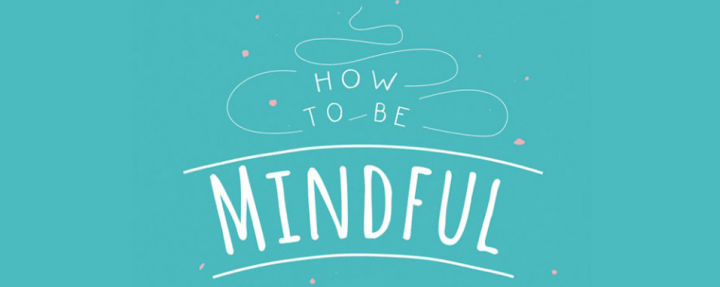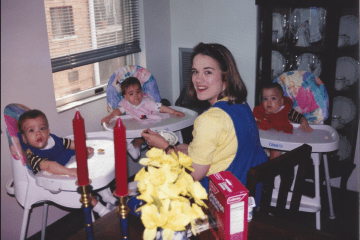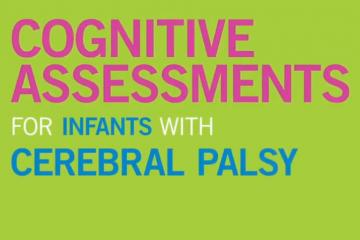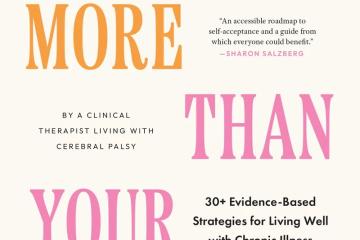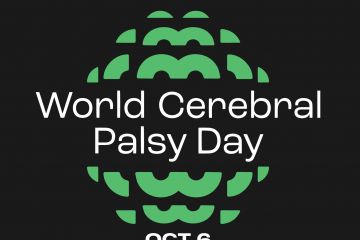7 Daily Tips for Mindfulness
Last month, I attended a mindfulness workshop for the first time. I did this as a physician, a neuroscience researcher and the “good-enough” mom of a teenager with CP. As a physician and researcher, I skeptically looked forward to learning more about mindfulness practice, because there is evidence it helps with stress management, self-regulation, focus, productivity and happiness. As a mom, I felt that weird mix of guilt that I was going to focus on “not-my-children” for a whole day, excited anticipation and anxiety that maybe I would be a complete failure at this.
It turns out all the mental baggage I took into the workshop was the exact opposite of what mindfulness tries to achieve. The daily practice has since changed my life but that first day, I was not completely getting it. To show you what I mean, let me share the 7 attitudinal qualities that form the core of mindfulness according to my (very patient) trainer along with immediate reflections.
1. Non-judging: Ok, this one is easy right? As a physician, I practice this every day with the families of my patients with CP. I cannot possibly know or even understand what each caregiver and child experiences and how this affects the choices they make in their daily lives. My role is to support and steer them towards their goals, not to make judgements about what they have accomplished. But in mindfulness, “non-judging” is supposed to apply towards myself and my everyday thoughts. Ok- will work on number 1 because I am SO not there.
2. Non-striving: For the parent of a child with CP, not striving for the best, newest, most effective treatments and practices all the time is near impossible. But mindfulness reminds us to focus instead on every moment as it is, without always thinking about the next step. After all, even when my 14-year old yells at me to back off, he is asserting his independence, something I never dared to dream when he struggled to swallow pureed food without throwing up. I will not strive so hard to be a perfect mom…
3. Patience: Good one. I totally want to work on it. Especially when I have had enough sleep.
4. Acceptance: Here, it helps to NOT have enough sleep. I am too tired to do anything but accept.
5. Beginner’s mind: Finally, an easy attitude for me to cultivate!! I do find wonder in most every day, I get to be curious in my work and my life and absolutely love discovering what each moment brings without pre-conception. The word “curiosity” makes me happy. Oh look! My son figured out he could wipe his snotty nose with his new Benik splint!! No sarcasm, I actually feel the laughter bubbling up as I write this!
6. Trust: This is getting tough. I am so scared about my children’s future and whether they will be OK as adults, so worried that there is one more thing I could be doing for my patients, so stressed that all this research and all these ideas will not get out in time to help them…the downward spiral of my thoughts is so powerful. But mindfulness, and especially meditation on our breathing teaches us that after every inhale comes an exhale. I can trust in my breath, and then perhaps in my passion for helping, and my sense of wonder, and the strength of our team and the love I have for my children.
7. Letting go: This was the hardness part of the mindfulness workshop for me. So when our teacher asked us how we would incorporate more mindfulness into our lives I replied: “I will remember never to minimize how painful it is to let go.” Letting go of anger and grief, bitterness, disappointment and expectations, is hard. It hurts because I hold onto them like a safety blanket sometimes. And I know that if I cannot let go, I will not fully live this wonderful sweet life with my family, my patients and my incredible research team.

